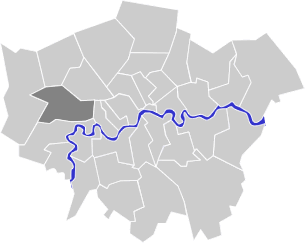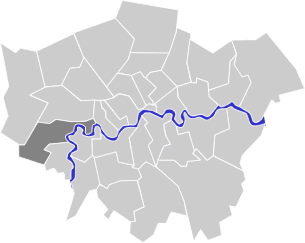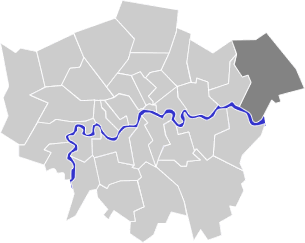The reduction in the overall shortfall in places makes it even more important that free schools are opened in areas where there is demand for school places. Given the current financial climate, it is vital to ensure that education funding is invested where it is most needed. Schools have experienced significant financial pressures over the past few years and London Councils’ modelling estimates that the total cost pressures on schools in England will be around £5.6 billion between 2017/18 and 2021/22. The Secretary of State has promised to invest £1.3 billion in school budgets over the next two years, but it is unclear what this means for London schools. In this context it is critical that classrooms are not left half empty due to a surplus of school places in a certain area, and that funding is not invested in creating schools where there is no demand.
New schools in areas of need
London Councils has consistently argued that new free schools should be prioritised in areas of need. Local authorities are best equipped to understand demand in their local area, and the Education and Skills Funding Agency (ESFA) needs to work closely with councils on plans for free schools from the outset to ensure that new schools meet basic need and are not at risk of closure due to limited demand and financial pressures.

London borough of Ealing case study
Free school delays
The recent Public Accounts Committee (PAC) report highlighted several issues with the way the ESFA is running the free schools programme that resonate with the experience of boroughs in London. These include inconsistency in the ESFA’s approach to engaging with and listening to local authorities when planning for free schools, the poor quality of some of the new schools, and the uncompetitive rates that have been paid for sites. The free schools programme presents a particular risk to local authorities due to the uncertainty and lack of local authority control over delivery timescales as well as the inconsistency in compensating local authorities for the cost of delays. Furthermore, local authorities incur considerable costs to support free school projects for which no compensation is received from central government.

The London Borough of Havering case study
Costs to councils
Councils also seek to expand current provision where this is the most cost effective option, and boroughs are successful in meeting basic need in this way. However, several boroughs have experienced issues with schools refusing to expand, particularly academies. While local authorities would not choose to force any school to expand, this is sometimes necessary to meet basic need in the local area. Councils have no formal levers to direct academies to expand, and London Councils calls on the government to enable Regional School Commissioners (RSCs) to direct academies to expand where this is necessary to meet local demand.

The London Borough of Hounslow case study

